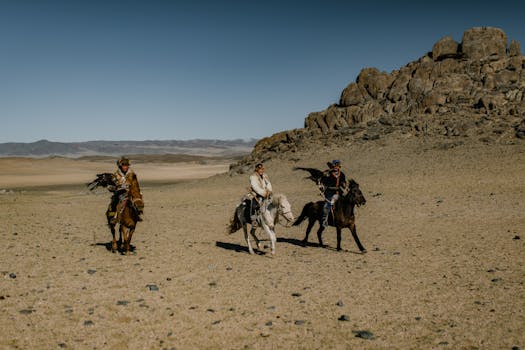
Understanding Climate Change
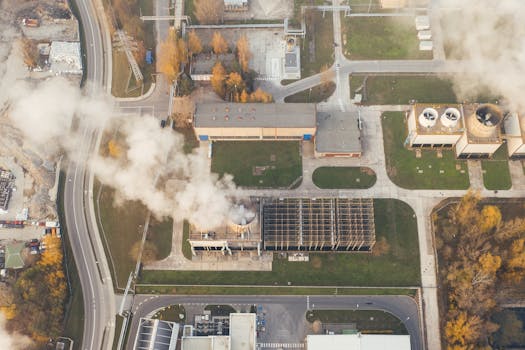
Climate change is a pressing issue that affects ecosystems and communities across the globe. Essentially, it refers to significant, lasting changes in temperature, precipitation, and other atmospheric conditions on Earth. The currently observed rise in temperatures is attributed primarily to human activities such as burning fossil fuels, deforestation, and industrial processes. These activities increase concentrations of greenhouse gases in the atmosphere, particularly carbon dioxide (CO2), methane (CH4), and nitrous oxide (N2O).
The Greenhouse Effect
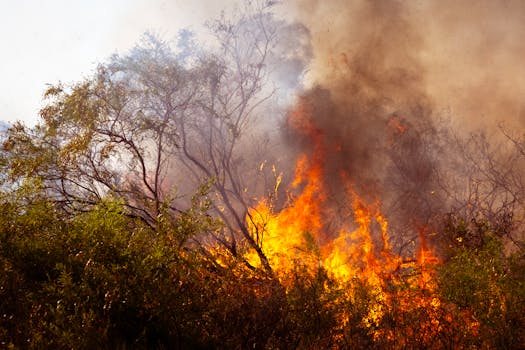
The greenhouse effect is a natural process where certain gases in Earth’s atmosphere trap heat, keeping the planet warm enough to sustain life. However, human activities have trapped an excessive amount of heat. According to the Intergovernmental Panel on Climate Change (IPCC), global average temperatures have increased by around 1.2 degrees Celsius since the late 19th century due to COVID-19-related economic shutdowns, CO2 emissions are still at alarming levels.
Global Impact of Climate Change

The effects of climate change are far-reaching and affect various aspects of life globally. These include changes to weather patterns, more extreme events, sea-level rise, loss of biodiversity, and widespread disruption to agriculture. Communities in coastal areas are at extreme risk of flooding due to sea-level rise, while desert regions may find their already scarce water supplies dwindling further. The impact doesn’t just touch the environment, but also public health—rising temperatures can increase the prevalence of heat-related illnesses, and changing climates affect food security.
Environmental Consequences

Extreme weather patterns induced by climate change have intensified over the last few decades. For instance, hurricanes, torrential rains, and droughts are becoming more severe and more frequent. These conditions disrupt ecosystems and can lead to the extinction of species that cannot adapt quickly enough to the changing climates. Furthermore, agricultural productivity faces immense threats, as crop yields decline will put additional stress on already vulnerable food systems in developing countries.
Addressing Climate Change
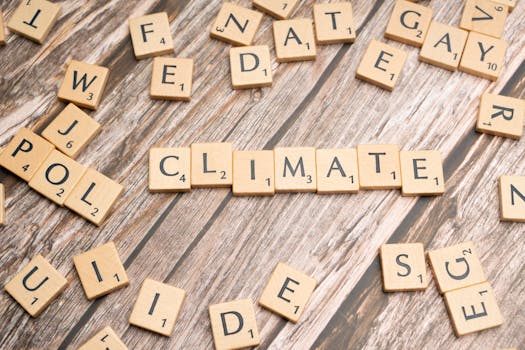
Addressing climate change requires coordinated global efforts. Transitioning to renewable energy sources, improving energy efficiency, and redefining transportation systems are essential steps of mitigation. Additionally, supporting sustainable agriculture alongside afforestation can absorb carbon dioxide and reduce the impact of greenhouse gases. Enhancing climate resilience by developing adaptive capacity in vulnerable regions will also foster societal resilience against the inevitable impacts of climate change on communities.
Conclusion
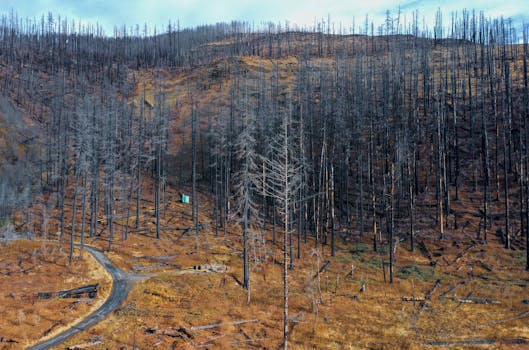
The science of climate change is clear; it is fundamentally driven by human actions that need to be re-evaluated. While the consequential effects threaten global ecosystems, societies can come together to formulate effective actions against these challenges. Public awareness, education, and ongoing commitments to sustainable practices are crucial steps as we venture into the interpolating uncertainty of climate change’s compounded detriments to human life and the environmental futures we share.





